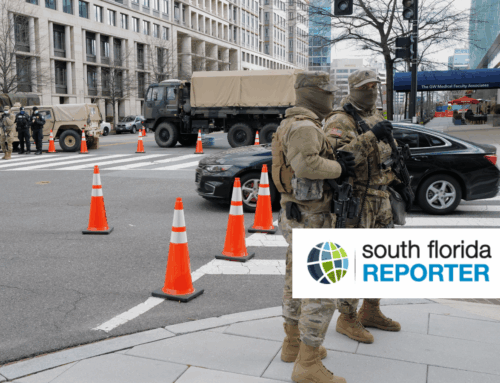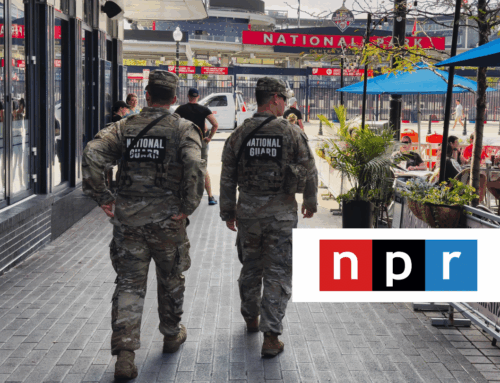While the Pentagon is investigating why Boeing spent its own money to keep the operations line for its C-17 aircraft open, the company has meanwhile pulled another $2 million out of its coffers to fix a government border fencing project it delivered late and severely lacking.
The Department of Homeland Security last week finally accepted Boeing’s efforts to install sensors, cameras and other detection technologies along 28 miles of Arizona’s Mexican border. That means DHS will pay Boeing the $20 million it was slated to receive for the task order under the umbrella contract the company was awarded in 2006 to build and manage SBI-net, the “virtual fence” DHS plans to build across America’s southern edge. The Arizona installation, known as Project 28, was supposed to serve as a prototype for SBI-net, to which Congress has already given hundreds of millions.
But some in Congress, and apparently the Customs and Border Patrol itself, don’t think Boeing deserves it. Boeing was supposed to finish the fence last June, but DHS discovered that the software tying the program’s technological elements together wasn’t functional. CBP officers complained that laptops programmed with the software were improperly mounted in their vehicles, among other problems.
And a Boeing spokesman said at a Capitol Hill hearing Wednesday that he didn’t know whether the system had reached anything near the 95 percent detection rate the contract asked for because there was no way to test it.
Though DHS said it would not accept Project 28 until these problems were fixed, it “conditionally” accepted the project last December and formally accepted it on February 22. Boeing said it will credit DHS $2 million toward new a operating system and Project 28 hardware, most of which will have to be replaced over the next year. A magnanimous gesture, except that the money is tiny fraction of the $800 million in task orders Boeing received from DHS after its conditional acceptance of Project 28—two of them on the same day of the Dec. 7 announcement. These include:
•$733 million to develop a supply chain management system.
•$64.5 million to construct the “next version” of the common operating picture software that will allow SBInet technologies to work together
•$8 million for contractor logistics and support to operate Project 28
At Wednesday’s hearing, House Homeland Security Committee Chairman Bennie Thompson (D-MS) asked whether handing new contracts to a company after such a poor performance was good business practice. Answers were not forthcoming.










